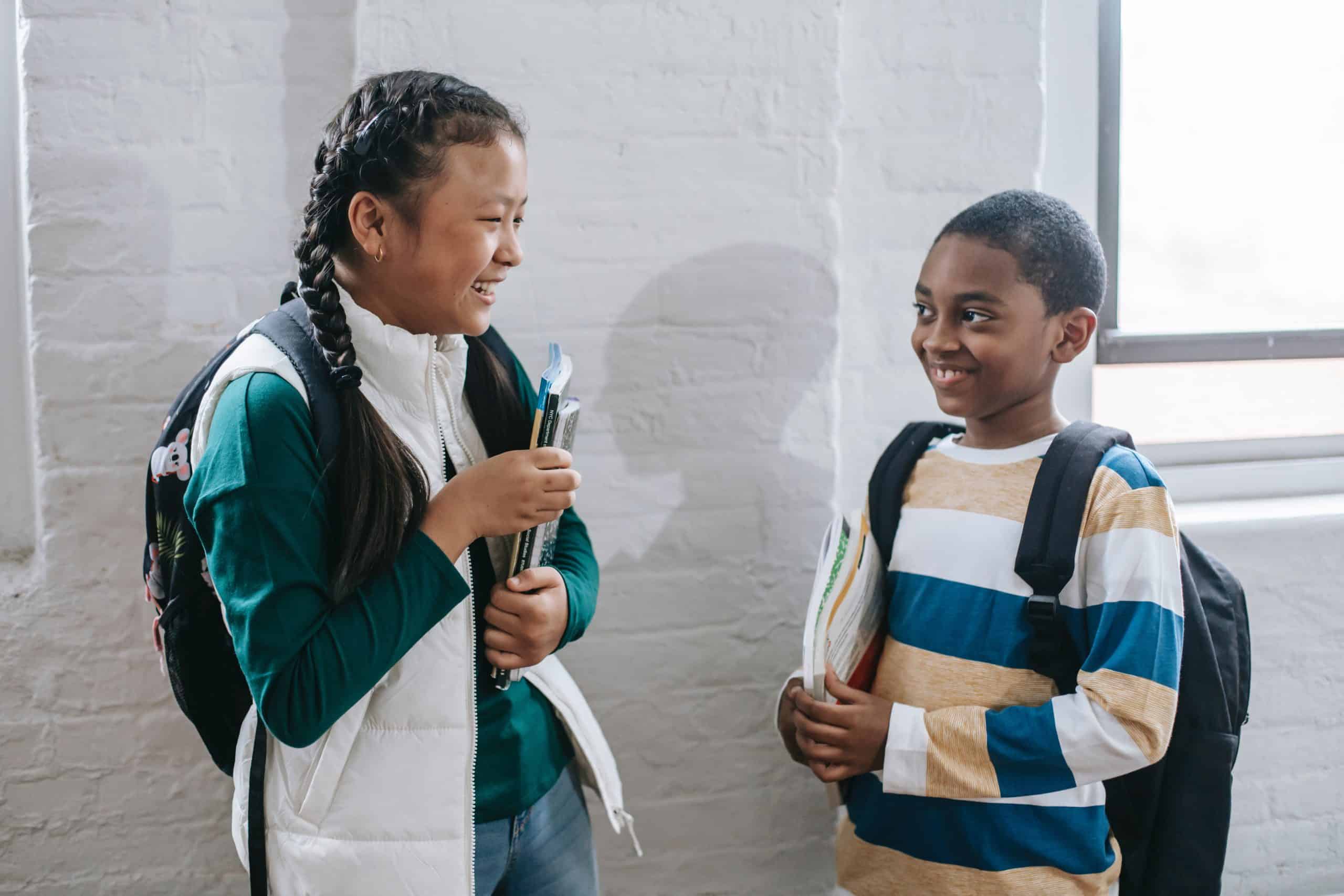First of all, you have my sympathies. It is reassuring and joyful to know that our children are safely installed with their besties in a classroom setting. They will always have someone fun to play with or to borrow a pencil from; their happiness practically guaranteed! The news that children may have to mingle socially during the next academic year can be anxiety-inducing for both parents and children. Change is unsettling and the future unknown. We can’t control what might happen, or account for how our children might respond. However, often what is best for our children is totally counterintuitive to us as loving parents. It might feel like the best thing for your child is to be with their best pals in the same setting, in the short term, but what about the longer term?
The uncomfortable truth is that children need change to grow, and being ‘thrown in the social deep-end’ can be an enormously resilience-boosting measure.
Try to think about the situation in a different way. Your child has solidified a friendship or friendships in one class. Can they do the same in the other? By connecting and making friends with a diverse range of children, that perhaps they may not ordinarily choose to socialise with, they grow in social skills and confidence. Consider the long-term. One day, as a young adult, they may well be alone in a hall of residence or college. Perhaps they will arrive at a party or a work event and know no one. Childhood provides a training ground to get comfortable with the discomfort of having to reach out and cultivate social support when we need to. Without experiencing this, our children may not develop the social and emotional resilience required for adulthood.
By being positive about the impending classroom mix-up and teaching children that it is exciting to be given the opportunity to make new friends, we teach them that change can provide new opportunities for growth. If they are a little bit worried about making new friends, then practise those skills together! How might they initiate a chat with someone they don’t know on their first day? How can they make another child feel better because they are missing their friends? Encourage your child to lead the way in terms of bringing the new class together. Can they be an agent of change rather than a victim of it?
It should also reassure you to know that teaching staff only want what is best for children and they will have put a great deal of thought into classroom seating and friendship patterns. Let’s trust their professional knowledge and support them in their quest to provide an optimal learning and social environment for all children.
Just because change is coming, it doesn’t mean you shouldn’t emphasise all the things that will stay the same in September. Happily, your child will still see their besties in the playground at lunchtimes and can even invite new friends into their play. Playdates and the holidays also provide ample chance to invest in old friendships whilst leaving time to celebrate and develop new connections.





